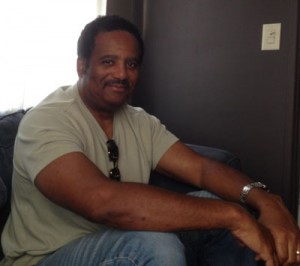 There are numerous ways in which you may have encountered Ted Rall‘s work. In addition to his political cartoons, he’s taken on a variety of other formats and other media: comics journalism (in central Asia, including Afghanistan), newspaper columns, radio, graphic novels, and MAD Magazine work.
There are numerous ways in which you may have encountered Ted Rall‘s work. In addition to his political cartoons, he’s taken on a variety of other formats and other media: comics journalism (in central Asia, including Afghanistan), newspaper columns, radio, graphic novels, and MAD Magazine work.
While his political views are left-of-center, his tendency to question Democrats as well as Republicans has brought pushback from some on the left. Whether his target is a Republican, a Democrat, or another political cartoonist, Rall pulls no punches.
In this episode, he talks with Tim about his philosophy of political cartooning, filing comics from a war zone, why his editors at MAD just don’t “get” his character Fantabulaman, and much more.
Podcast: Play in new window | Download
Subscribe: | More
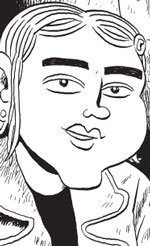 Critiquing Comics returns at last, with a look at Mike Dawson’s Angie Bongiolatti,
Critiquing Comics returns at last, with a look at Mike Dawson’s Angie Bongiolatti,
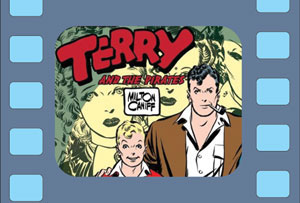 In May, comics creator and educator Ben Towle wrote a post on his blog entitled “
In May, comics creator and educator Ben Towle wrote a post on his blog entitled “
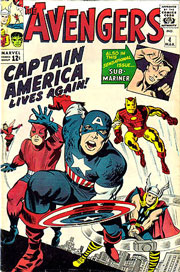
 Tim came back from his Tim Across America trip with an assortment of comics, including a couple from the
Tim came back from his Tim Across America trip with an assortment of comics, including a couple from the  Tim talks with the members of
Tim talks with the members of 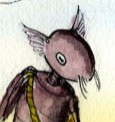 Having grown up with feet planted firmly on both sides of the Pacific,
Having grown up with feet planted firmly on both sides of the Pacific,  There are numerous ways in which you may have encountered
There are numerous ways in which you may have encountered 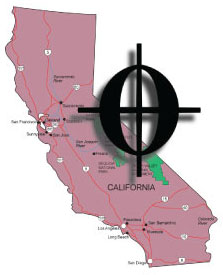 In a special bonus episode, we check out a few remaining tidbits from Tim Across America’s final state, California!
In a special bonus episode, we check out a few remaining tidbits from Tim Across America’s final state, California!